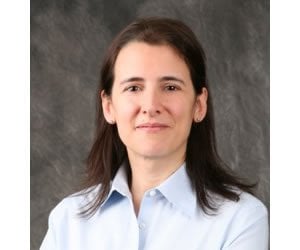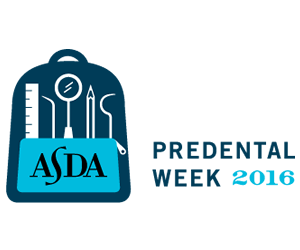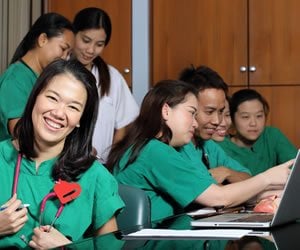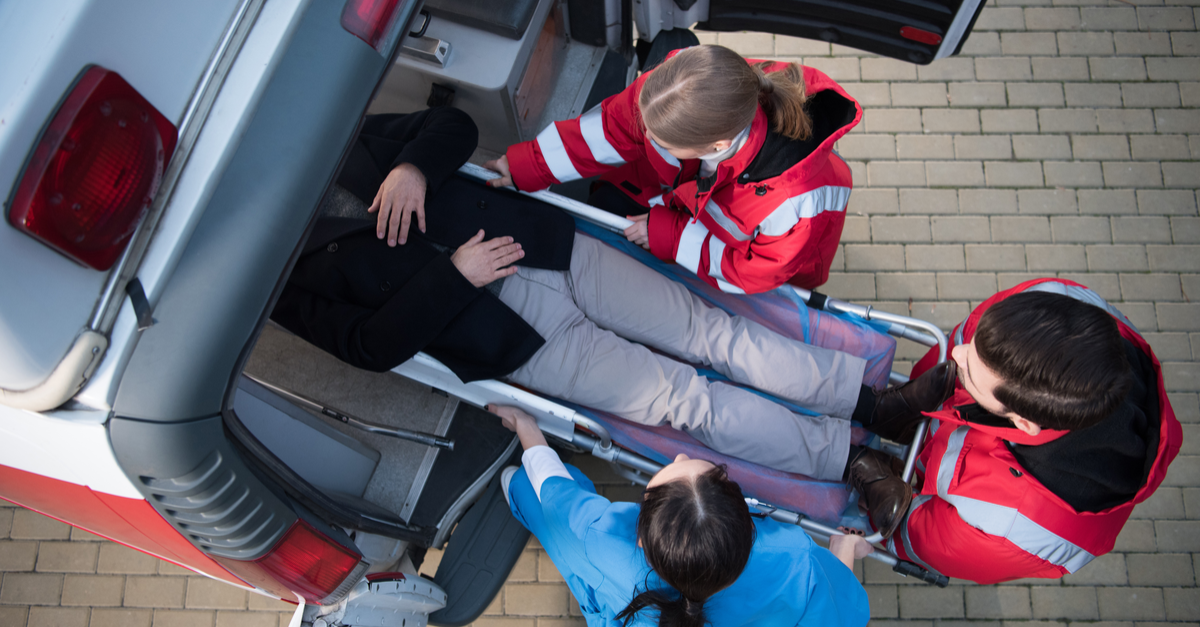Laura C. Londra, MD, FACOG, is a reproductive endocrinology and infertility physician at Ohio Reproductive Medicine in Columbus, as well as an adjunct instructor at Ohio State University in the division of reproductive endocrinology and infertility, Dept. of Obstetrics and Gynecology. As a native of Argentina, Londra attended Universidad Nacional de La Plata (1988-1993), before receiving her MD from Universidad de Buenos Aires (1993-1995). She completed a residency in obstetrics and gynecology at Hospital de Clinicas, University of Buenos Aires (1995-1999), followed by a fellowship in reproductive endocrinology at the Instituto de Ginecologia y Fertilidad de Buenos Aires (2000-2002). In the U.S., Dr. Londra completed a residency in obstetrics and gynecology at Wayne State University, Dept. of Obstetrics and Gynecology in Detroit (2008-2012), and a fellowship in reproductive endocrinology and infertility at Johns Hopkins University, Dept. of Gynecology and Obstetrics in Baltimore (2012-2015).
Dr. Londra received the Pacific Coast Reproductive Society Scholarship Award (2013, 2015), Midwest Meeting Reproductive Endocrinology and Infertility Symposium Scholarship (2014), and Edward E. Wallach Fellowship Research Fund Award for fellows research initiatives in reproductive endocrinology and infertility (2014). She’s been published in numerous journals, including International Journal of Women’s Health, Fertility and Sterility, International Journal of Gynecology and Obstetrics, Seminars of Fetal and Neonatal Medicine, and Case Reports in Obstetrics and Gynecology. She is a member of the Howard Kelly Society, Johns Hopkins Alumni, and the American Society for Reproductive Medicine, as well as a junior fellow in the American College of Obstetricians and Gynecologists and fellow in Society of Reproductive Endocrinology and Infertility. Dr. Londra is a Diplomate of the American Board of Obstetrics and Gynecology, and prior to her current work, she was on staff at Instituto de Gynecología y Fertilidad (2002-2006).
Read more



















